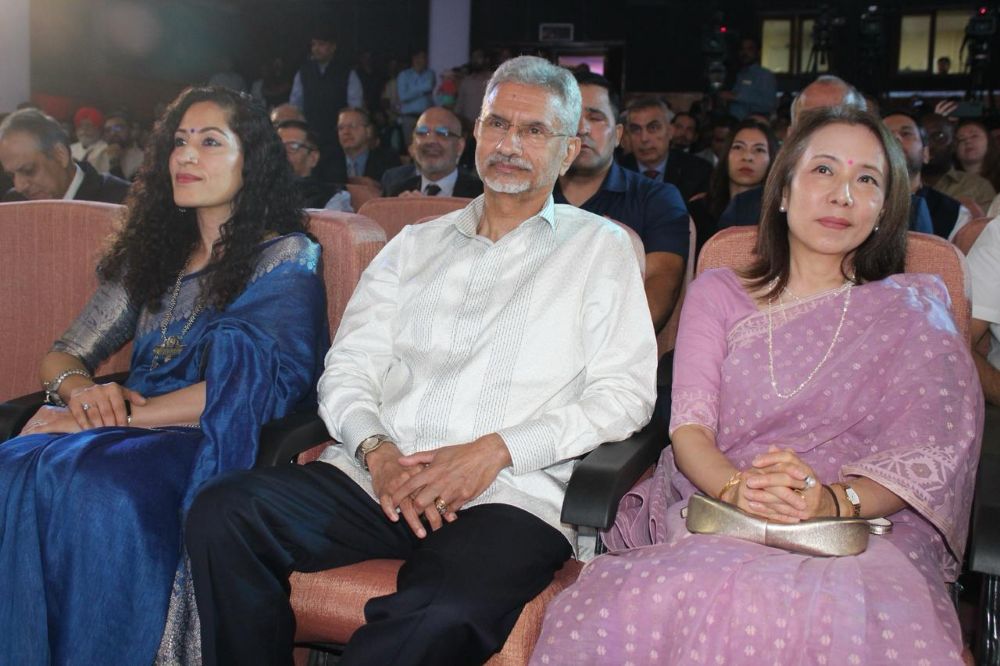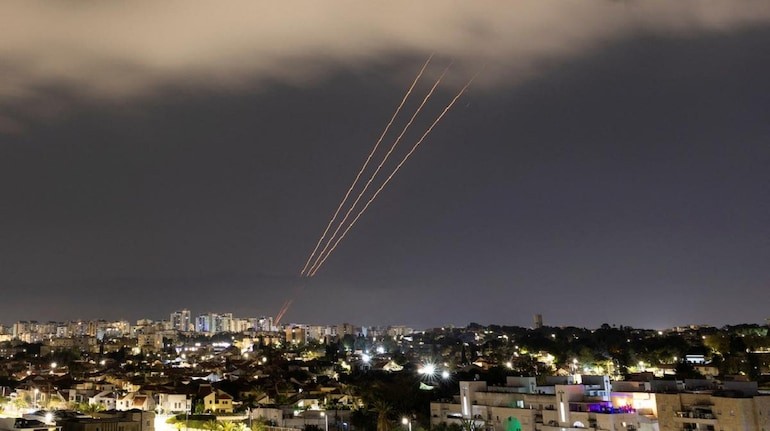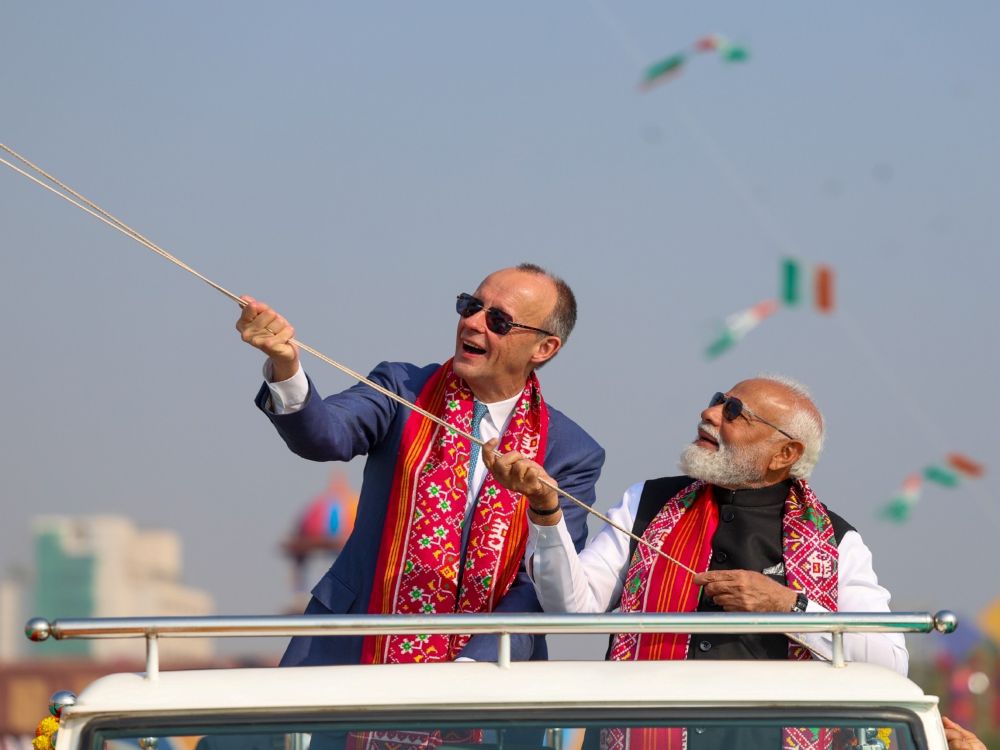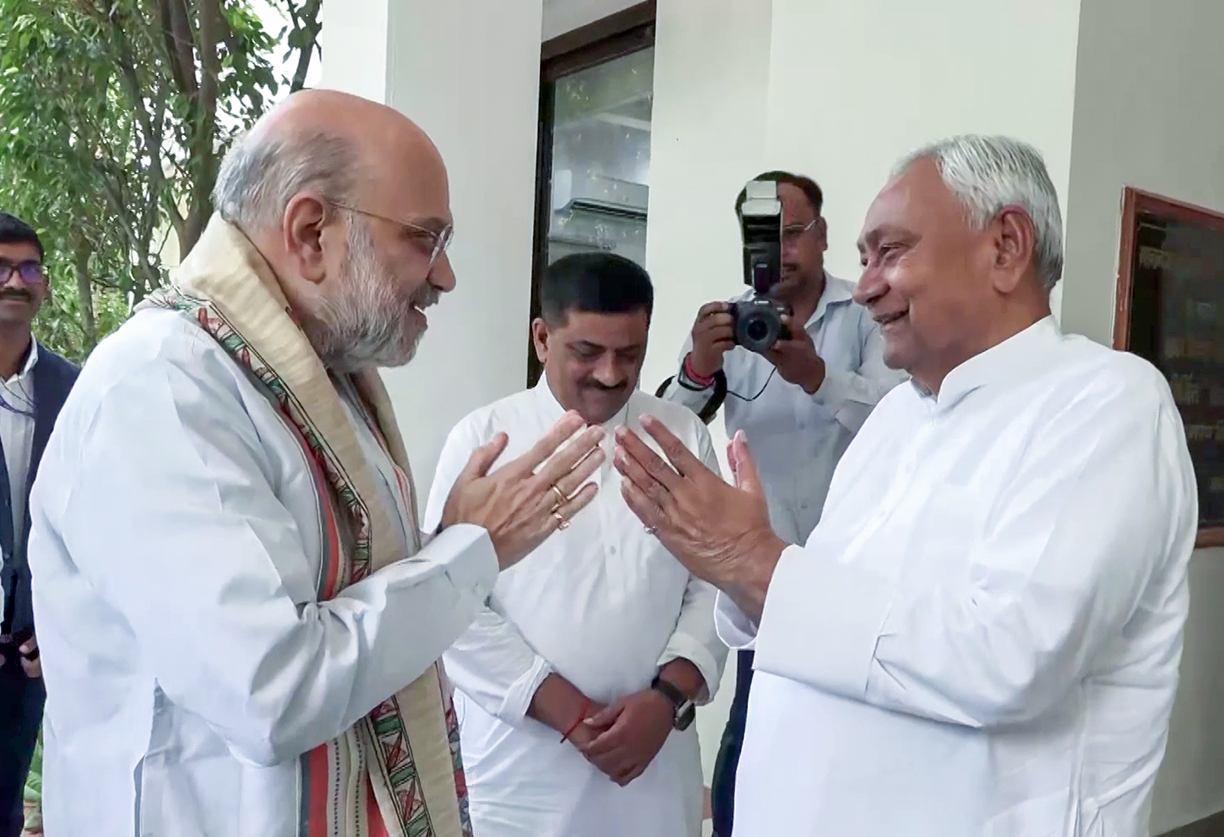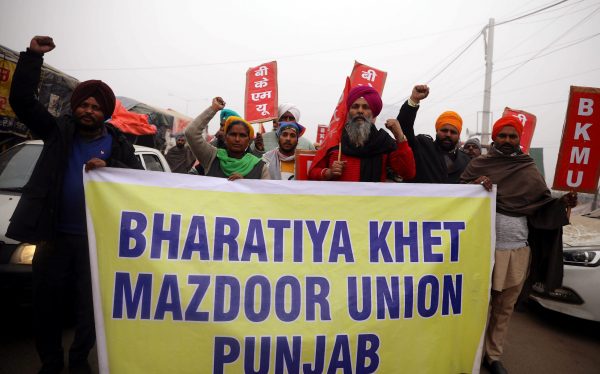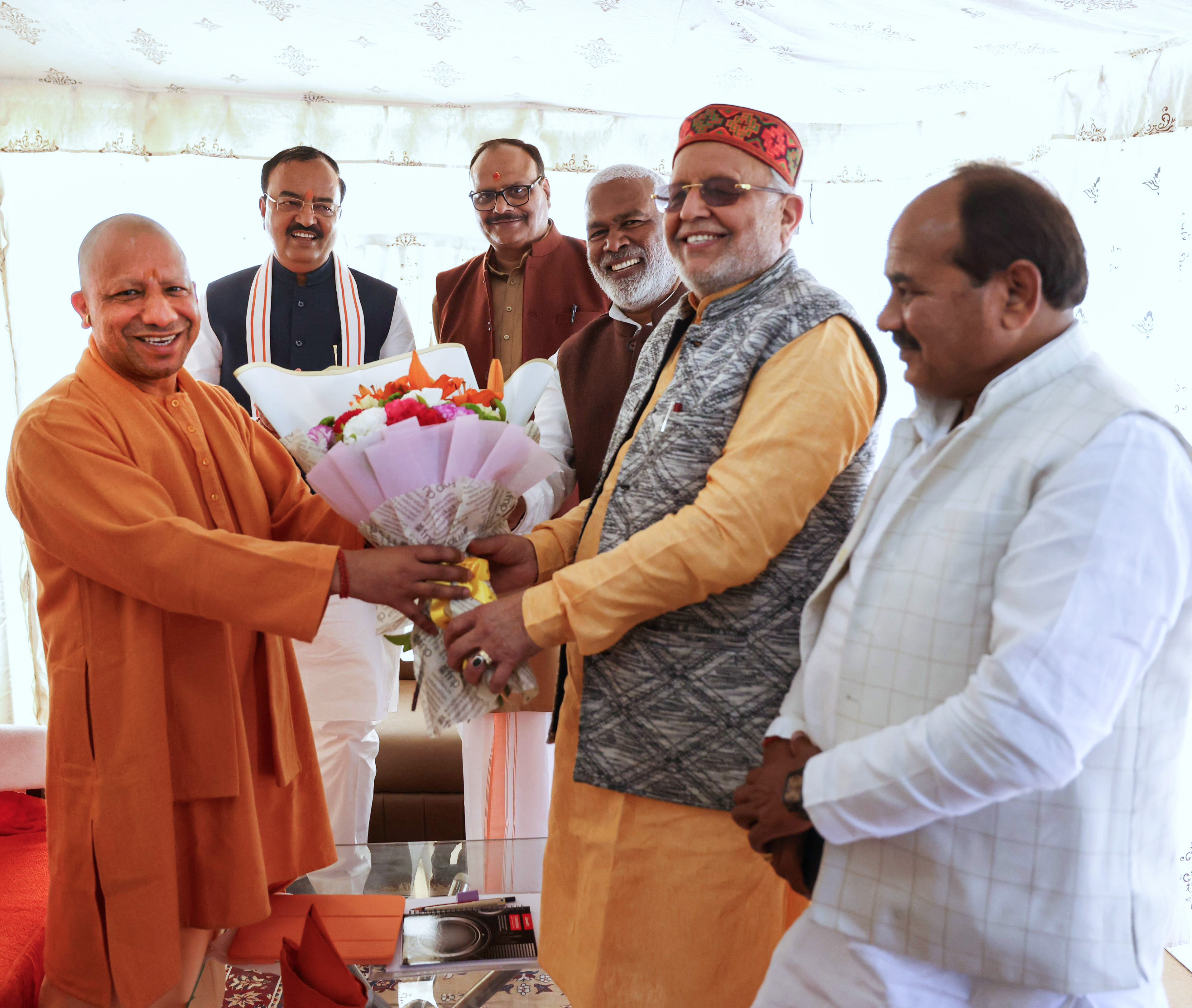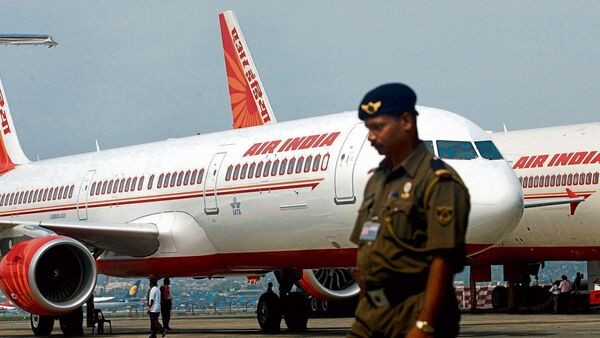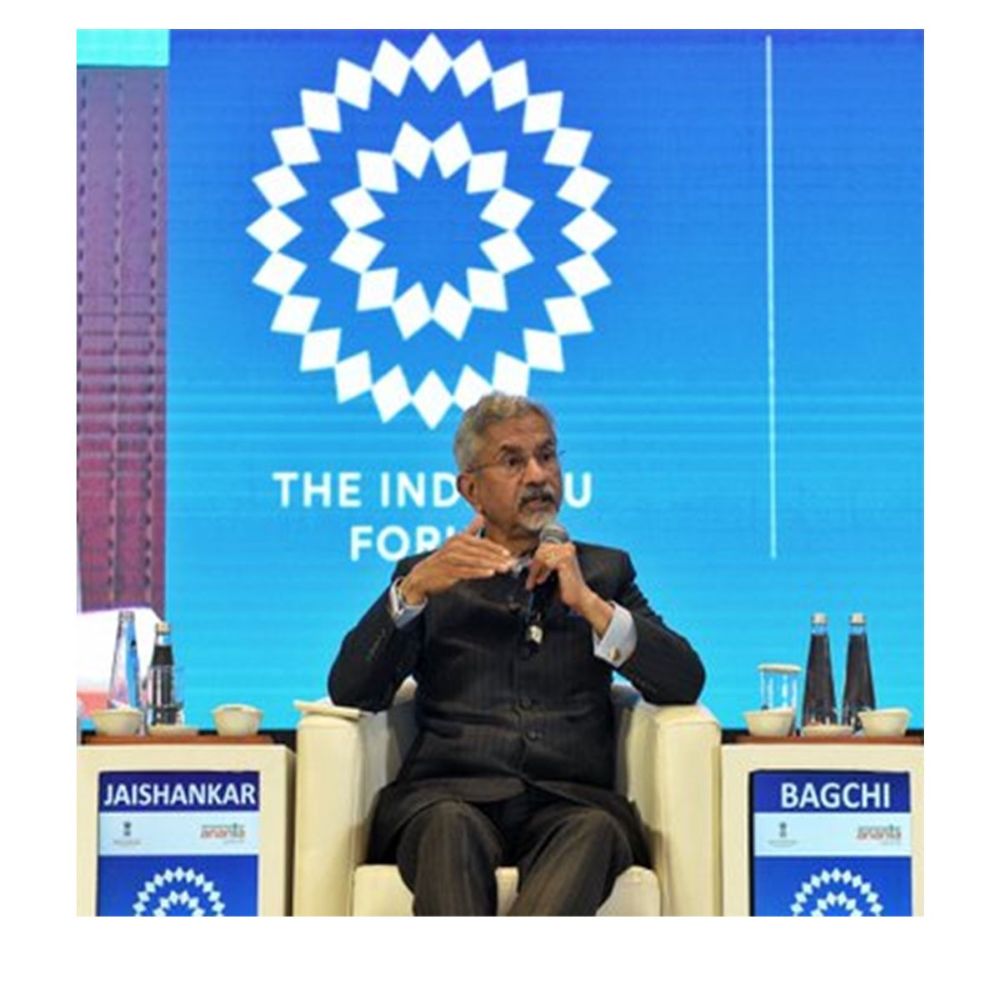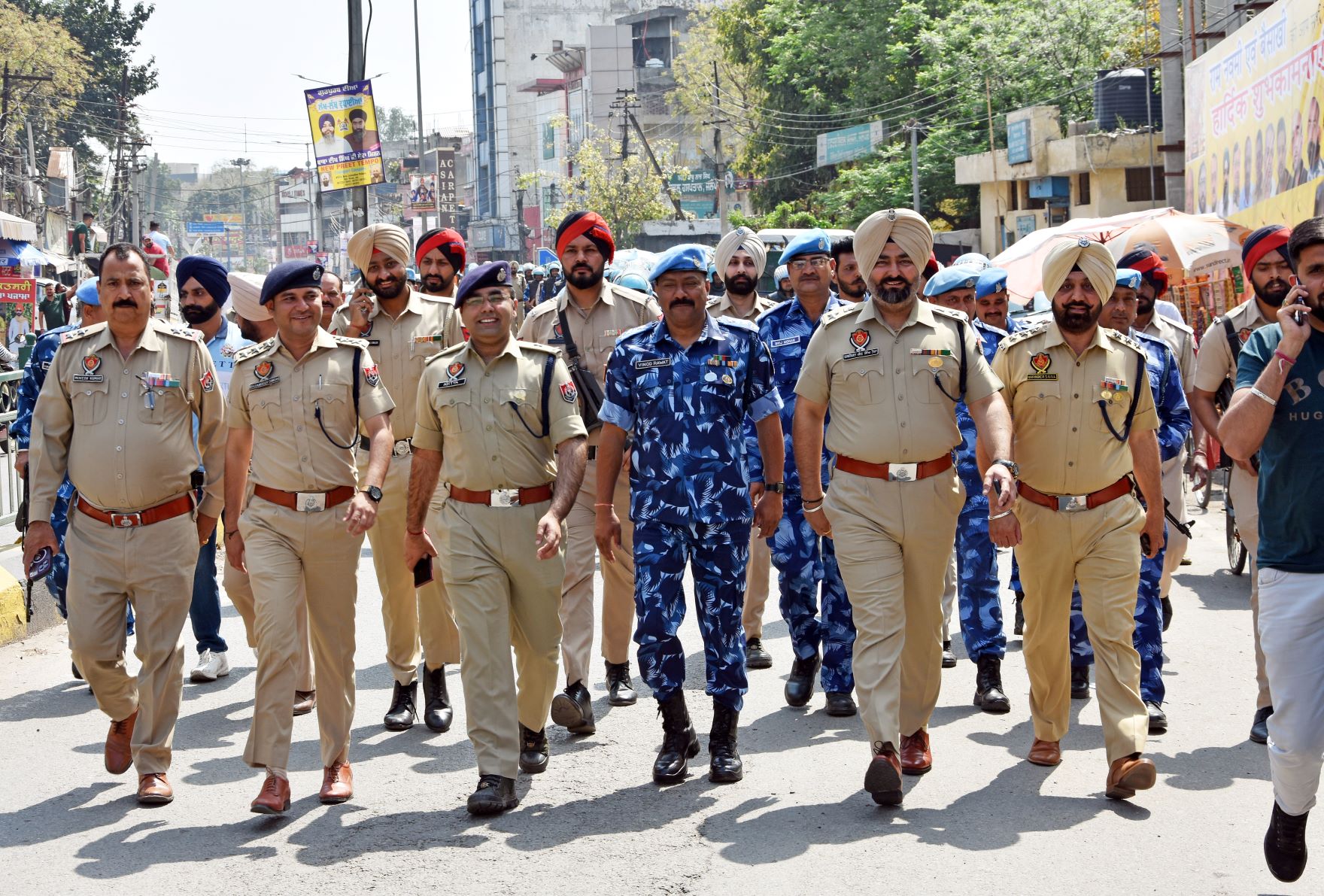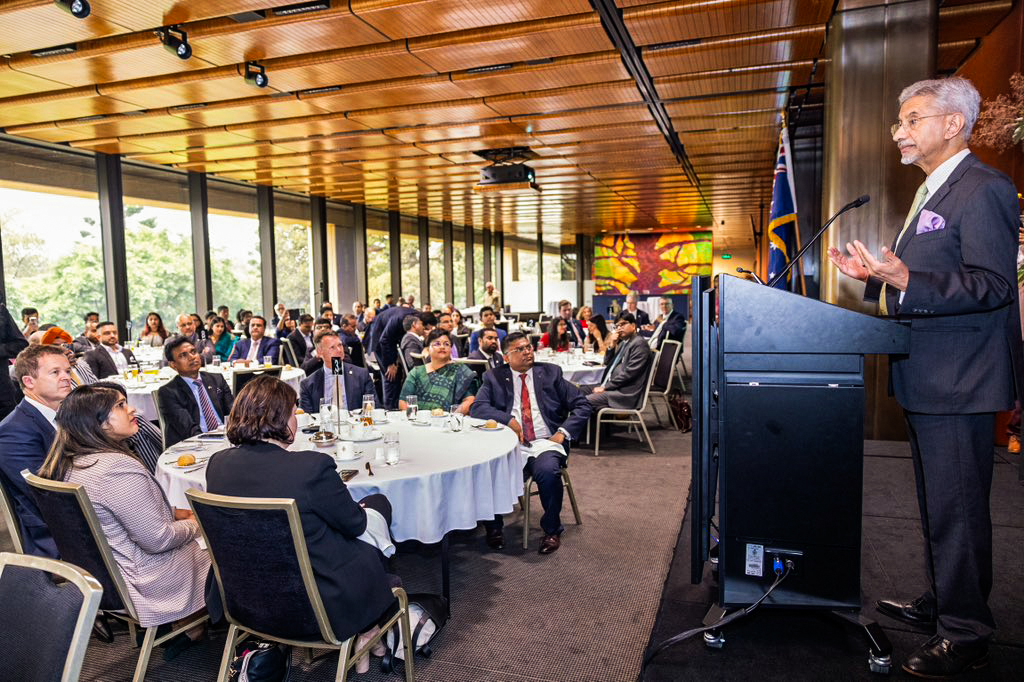Ekta Saxena
New Delhi
A scintillating evening of vibrant cultural performances, a gathering of renowned artists and prominent guests, and a dazzling décor marked the 75th anniversary celebration of the Indian Council of Cultural Relations (ICCR) on April 9th, Wednesday, in the heart of the national capital. External Affairs Minister, Dr. S. Jaishankar, was the chief guest of this milestone occasion in the history of cultural diplomacy.
The evening kickstarted with a breathtaking performance by Stree Shakti led by the tabla exponent, Ms Anuradha Pal, accompanied by expert women artists on violin, mridangam, and Sitar, etc. The performance was highly applauded by the audience. A Vietnamese group showcased the cultural richness of of their country through its performers who excelled on stage.
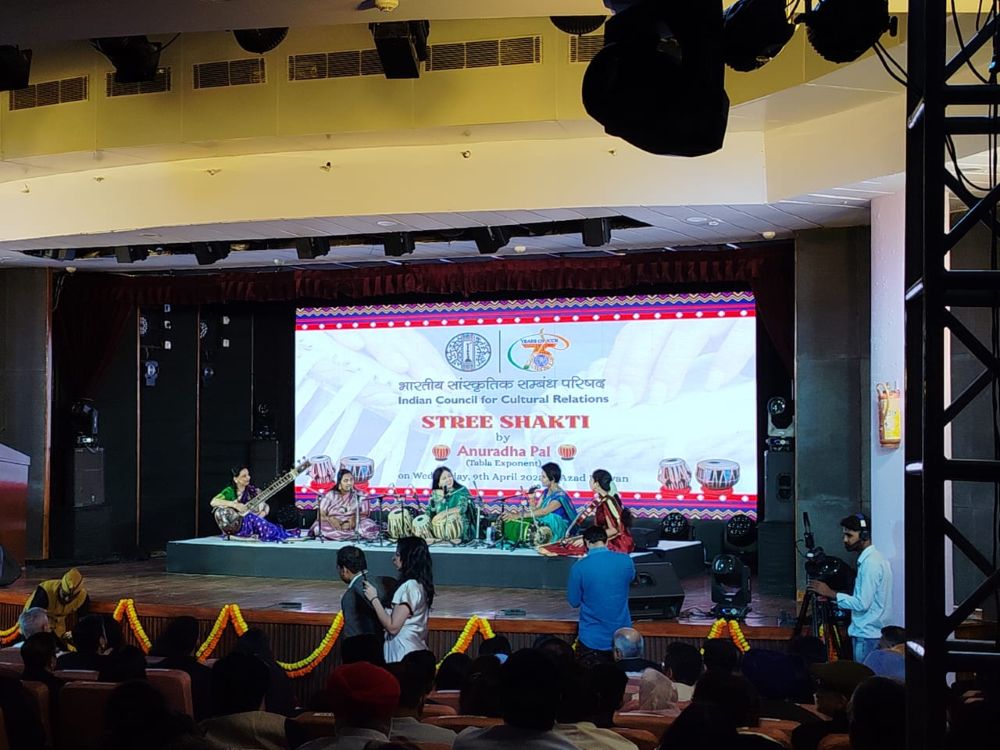
The entire Azad Bhavan auditorium embraced the beautiful aura of the unique Indian culture when the students of ICCR performed together. They showcased the vibrant Indian classical dance forms like Odissi, Kathak and Bharatanatyam. The evening was a testament to the rich Indian culture and heritage and its appeal to the whole world.
Speaking at the ocassion, Dr. Jaishankar highlighted India’s evolving journey of development during the “Amrit Kaal” and particularly stressed the “importance of bringing the world to India more effectively” during its G20 presidency.
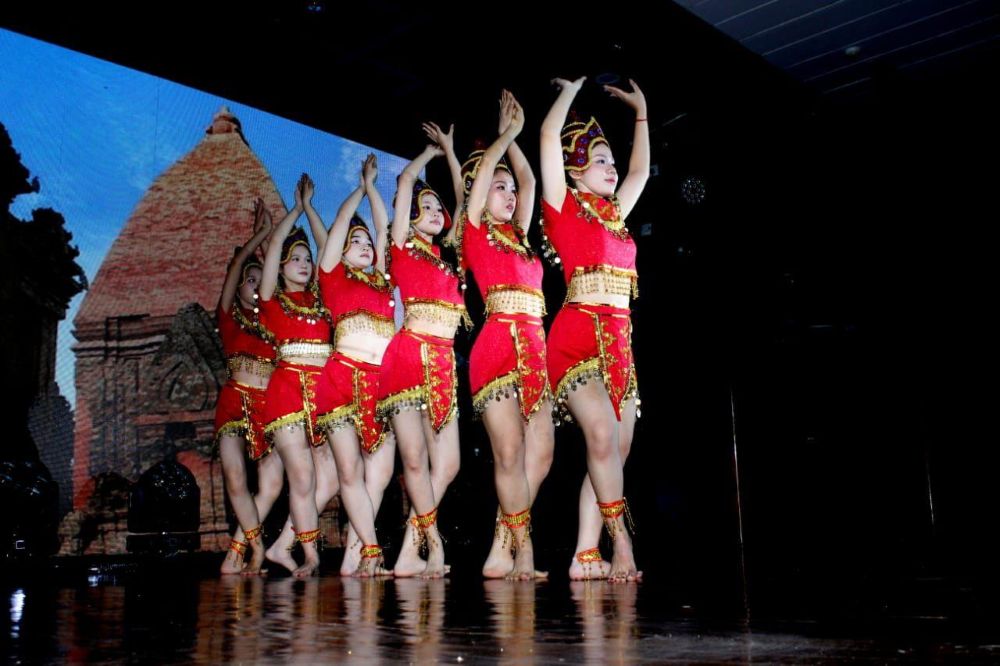
Sh Jaishankar said, “The journey of development in the Amrit Kaal is based on the twin tracks of tradition and technology… Let me make a reference here to our G20 presidency because perhaps there are a few events in recent times which brought out the importance of bringing the world to India more effectively than that presidency. In that particular year, we saw the most effective influencers of the world of our times come, see and leave impressed.”
“Two years later, we are still seeing the reverberations of that presidency, which I believe will continue further. Just as we wish the world to understand us better, it is important that Indians, too, develop a good feel for other societies and cultures. This is the domain in which ICCR has long been active,” he added.
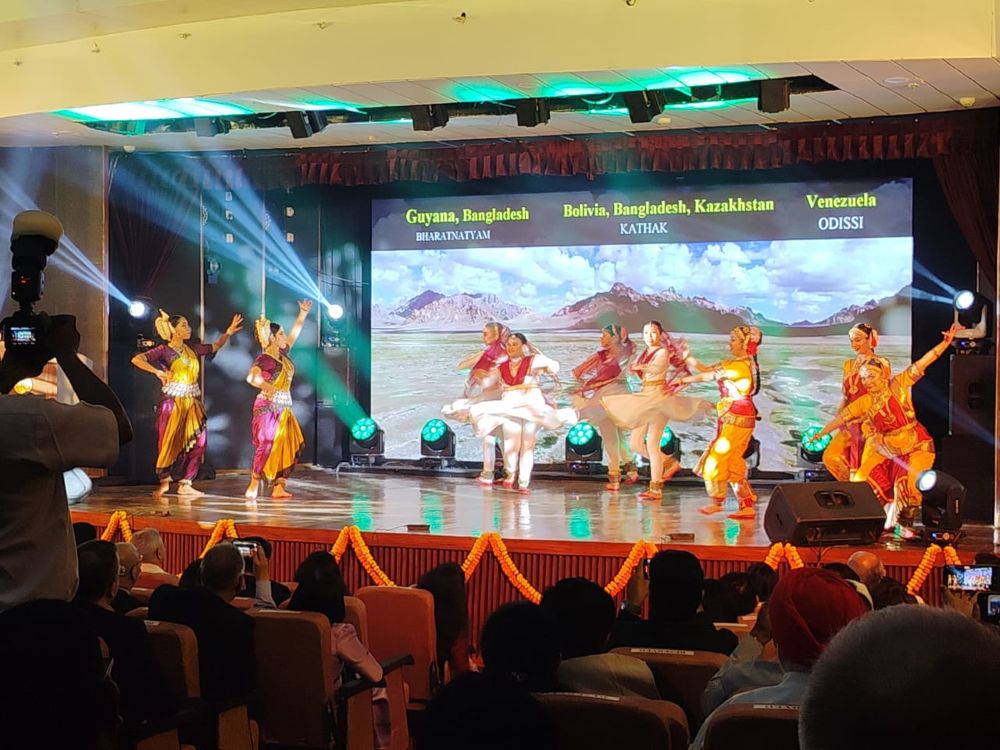
Dr. Jaishankar also underscored the significance of cultural exchange and discussed India’s growing confidence in expressing its identity and reviving its rich cultural heritage, from languages gaining “classical status” to the global recognition of Yoga and Ayurveda.
The minister said, “Our nation and our society have changed profoundly. Today, we are by any measure more confident, authentic and committed than before in terms of expressing our identity and promoting its understanding. Within the country there is a much sharper awareness of our culture, heritage and traditions… Traditions and inheritance that were long neglected have now been revived. More languages enjoy classical status and our habits and practices, whether we speak of Yoga, Ayurveda or millets, they are receiving a new impetus and momentum…”
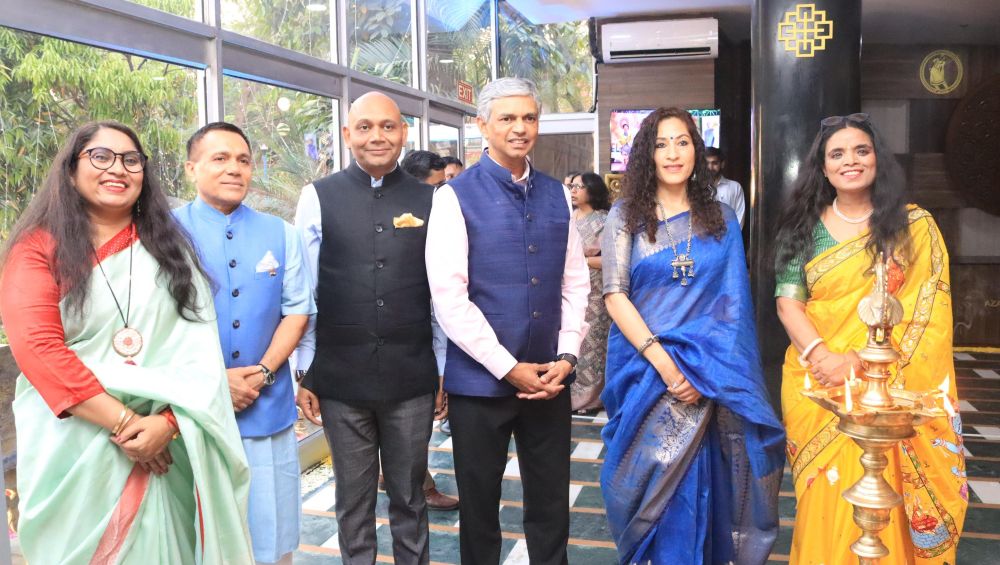
Mrs. K. Nandini Singla, the Director General of ICCR, is steering this very pivotal organization with her hard work and focused approach. Mr Rajeev Kumar, the Deputy Director General, ICCR delivered the Vote of thanks and vowed to bring more vigor in the efforts of ICCR to strengthen and align Indian culture as a binding force for integrating the whole world.
The ICCR was established and formally inaugurated in April 1950, with the objective to establish, revive and strengthen cultural relations and mutual understanding between India and other countries and to promote cultural exchange with other countries.
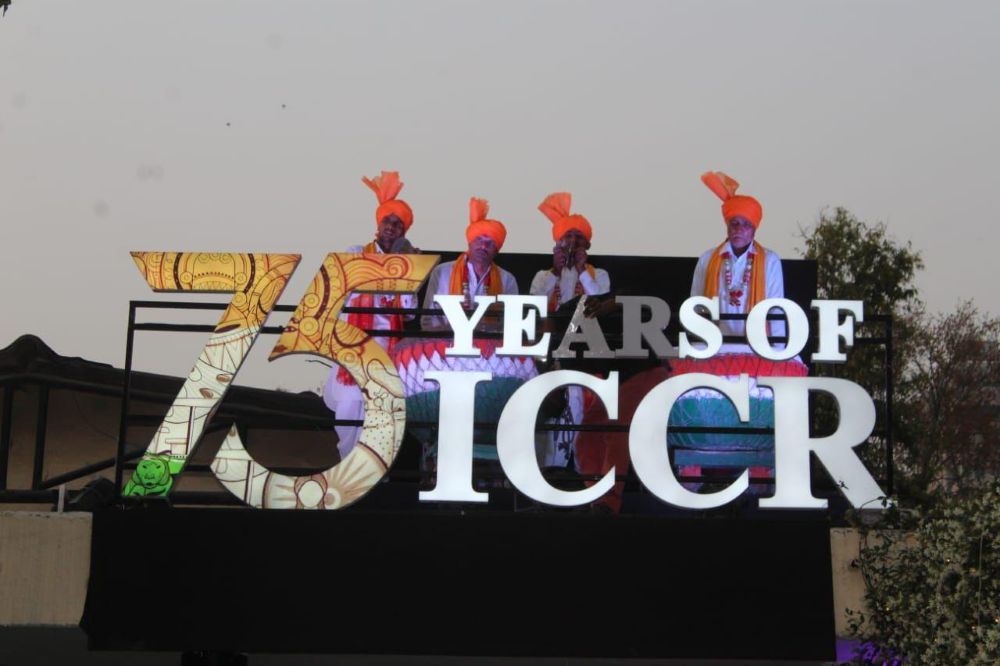
One of the aims of India’s freedom struggle was to revive and strengthen the country’s cultural ties with the outside world. This was reflected in the historic Asian Relations Conference held in New Delhi in 1946 wherein it was resolved to set up an Indian Council for Cultural Cooperation to revive and promote closer cultural ties with the other Asian Countries and to project the Indian personality and its rich culture through “Indian eyes.”
On Wednesday, the 75th Foundation Day celebrations of ICCR unfolded as a global symphony, resonating across continents, cultures and communities, celebrating the richness of India’s civilisational heritage
and cultural traditions.
















